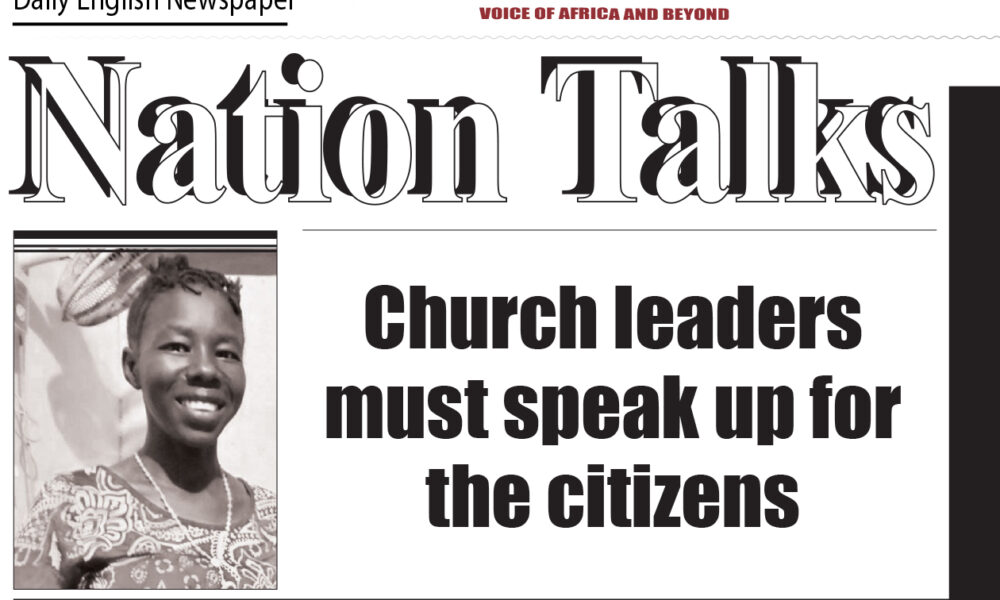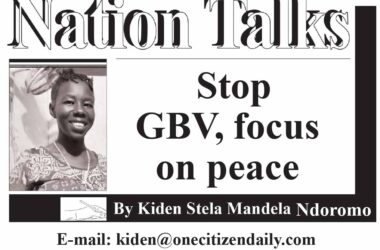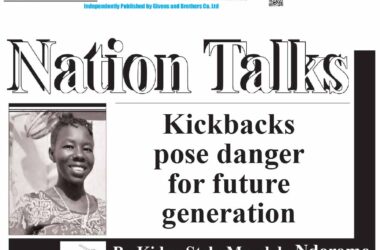Once again, another day dawns on South Sudan with no improvements in the economic sector. The citizens continue to suffer day and night, and it is a situation that cannot be deemed normal. The country is in a state of trauma. Ordinary citizens find it incredibly difficult to afford bread, and their cries for help in their residential areas go unheard. The patience of the citizens is wearing thin, and if action is not taken soon, things may spiral out of control.
This dire situation feels like a force pushing citizens to leave the country. It’s almost as if a form of indirect slavery is taking hold in Juba city, endangering lives. As evidence of this worsening situation, some civil servants who work for the government have been unable to go to work, and some have stayed for three days without meals. One person even had to sleep on water. It is clear that the government’s actions, or lack thereof, are indirectly at odds with the well-being of its citizens.
In light of these circumstances, church leaders must step forward to address the situation. They should organize meetings and invite all those in power, including top government officials and the head of state, to hear firsthand what is transpiring in the country.
If the citizens’ patience runs dry, it may lead to a protest. The church, as the voice of the people, must stand firm and avoid being influenced by politicians.
By preaching to ordinary citizens in the church, the church’s message will reach some of the politicians. It is time for the church to unite in large numbers and engage in dialogue with government officials.
Furthermore, the church should play a critical role in strengthening the local economy by empowering community-based economic programs and fostering business partnerships.
Such initiatives can help the nation navigate through challenging times like the present. The church should also address the government’s inadequate efforts in ensuring the country’s security. Without a secure environment, citizens cannot sustain their businesses or engage in agricultural practices.
South Sudan possesses ample land for agriculture, and its reliance on exports has contributed to the current economic crisis.
The government must take immediate action to prioritize security and foster stability. Otherwise, the government officials risk isolating themselves in an economically crippled nation.
To the citizens, although the year is still young, it is essential to prioritize agriculture to avoid the current dire situation. Nobody cares about your life unless you hold recognized positions within the government. Agriculture, for now, remains the key to survival.
I appeal to the government to urgently address the economic crisis in the country. Swift action is required, and delays should not be tolerated.
As the government works towards a solution, citizens must remain resilient and concerned.
God Bless South Sudan
Be right there!




